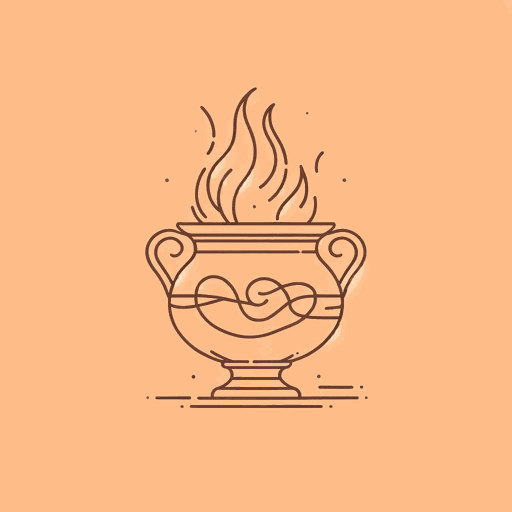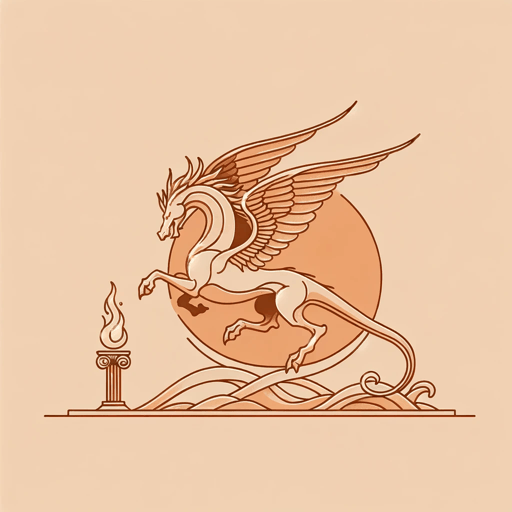71 pages • 2 hours read
Rick RiordanThe Blood of Olympus
Fiction | Novel | Middle Grade | Published in 2014A modern alternative to SparkNotes and CliffsNotes, SuperSummary offers high-quality Study Guides with detailed chapter summaries and analysis of major themes, characters, and more.
Symbols & Motifs
Memory
In Greek mythology, the questions of what should be remembered and why are especially central in Homer’s The Odyssey, which is believed to have been composed orally before the creation of written language in the Greek world. In such a culture, memory is especially significant, as it’s the only way to preserve and transmit cultural values, beliefs, and events. Forgetting can be deadly; it can cause people to lose their way, literally (they forget where their home is) and figuratively (they forget where they belong). However, certain memories can be harmful, causing excess grief, which fuels conflict, as when Menelaus remembers a story of Helen betraying her people. In Virgil’s Roman epic Aeneid, Aeneas refuses to spare Turnus when he notices the warrior wearing the sword belt of Aeneas’s friend, whom Turnus killed.
Riordan incorporates the problem of memory in several ways. Both Jason and Percy had their memories taken from them to enable them to switch camps. Attempting to recover those memories is what brought the Roman and Greek camps into contact. Characteristically, memory can be both harmful and beneficial, depending on what is being remembered.
Related Titles
By Rick Riordan

Daughter of the Deep
Rick Riordan

The Battle of the Labyrinth
Rick Riordan

The Dark Prophecy
Rick Riordan

The Hammer of Thor
Rick Riordan

The Hidden Oracle
Rick Riordan

The House of Hades
Rick Riordan

The Last Olympian
Rick Riordan

The Lightning Thief
Rick Riordan

The Lost Hero
Rick Riordan

The Mark Of Athena
Rick Riordan

The Maze of Bones
Rick Riordan

The Red Pyramid
Rick Riordan

The Sea of Monsters
Rick Riordan

The Son of Neptune
Rick Riordan

The Sun and the Star: A Nico di Angelo Adventure
Rick Riordan, Mark Oshiro

The Sword of Summer
Rick Riordan

The Throne of Fire
Rick Riordan

The Titan's Curse
Rick Riordan

The Tower of Nero
Rick Riordan

The Trials Of Apollo, Book 1: The Hidden Oracle
Rick Riordan
Featured Collections
Action & Adventure
View Collection
Ancient Greece
View Collection
Ancient Rome
View Collection
Animals in Literature
View Collection
Colonialism & Postcolonialism
View Collection
Coming-of-Age Journeys
View Collection
European History
View Collection
Fantasy
View Collection
Mortality & Death
View Collection
Mythology
View Collection

